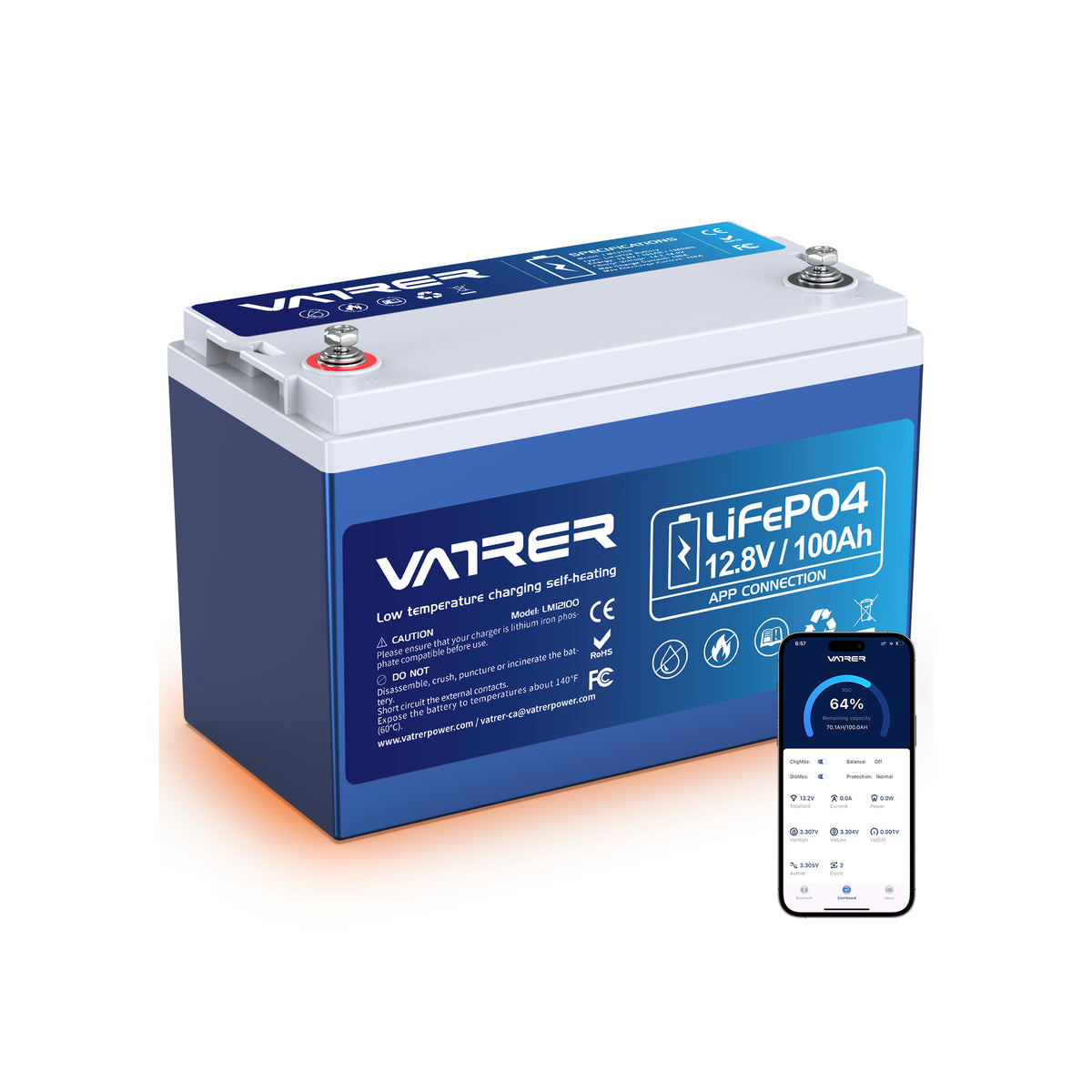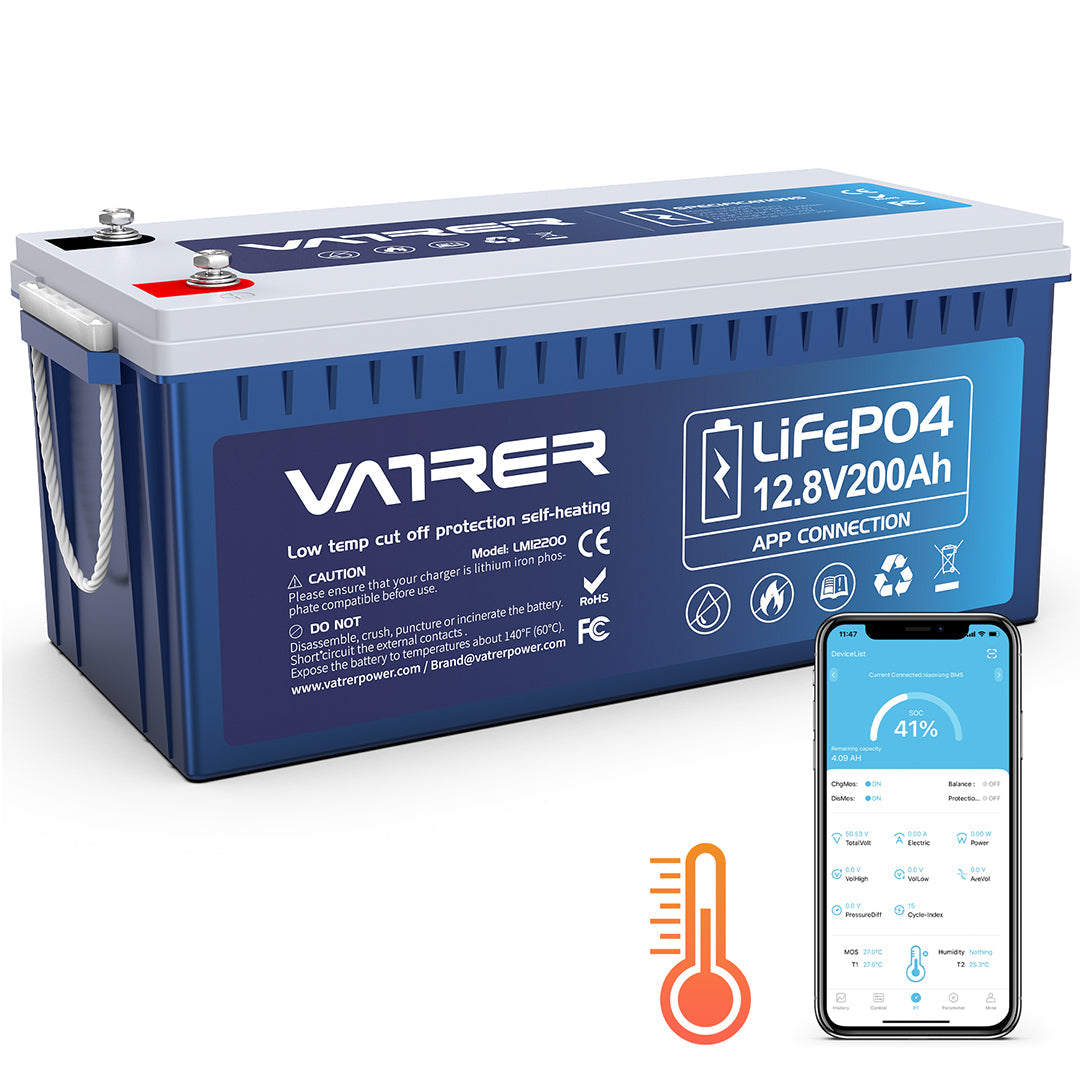Introduction
Lithium batteries have become an integral part of our lives, powering our smartphones, laptops, electric vehicles, and various other devices. To ensure they perform optimally and have a long lifespan, it's crucial to understand how to keep lithium batteries healthy. In this article, I will provide you with essential tips on how to maintain the health of your lithium battery, enabling you to enjoy reliable and long-lasting power.
Avoid Extreme Temperatures
Extreme temperatures can significantly impact the health of lithium batteries. High temperatures can accelerate chemical reactions within the battery, leading to increased self-discharge and reduced overall capacity. On the other hand, extremely low temperatures can slow down chemical reactions, limiting the battery's performance. To keep your lithium battery healthy, store and operate it within the recommended temperature range specified by the manufacturer.

Avoid Deep Discharges
Unlike older battery technologies, lithium batteries do not require deep discharges to maintain their health. In fact, deep discharges can be harmful to lithium batteries. It is advisable to avoid fully draining the battery before recharging it. Instead, aim for shallow discharge cycles, keeping the battery's charge level above 20% whenever possible. Regularly charging your battery within this range will help prolong its lifespan.
Use the Right Charger
Using the correct charger is essential for maintaining the health of your lithium battery. Different lithium batteries have specific charging requirements, including voltage and current levels. Always use a charger that is compatible with your battery's specifications to prevent overcharging or undercharging. Avoid using generic or low-quality chargers, as they may not provide the necessary charging parameters, potentially damaging your battery.

Charge Regularly
Lithium batteries prefer shorter and more frequent charging cycles rather than infrequent deep charging cycles. It is recommended to charge your battery whenever it reaches around 20-30% capacity. Avoid allowing the battery to fully discharge before recharging, as this can lead to higher stress levels on the battery and reduce its overall lifespan.
Avoid Overcharging
Overcharging can be detrimental to the health of a lithium battery. Modern lithium batteries come equipped with built-in protection circuits that prevent overcharging. However, it is still crucial to monitor the charging process and avoid leaving the battery connected to the charger for extended periods after it reaches full capacity. Unplug the charger once the battery is fully charged to prevent unnecessary stress on the battery.
Store Batteries Properly
If you need to store a lithium battery for an extended period, it is important to do so correctly. Ensure the battery is stored in a cool and dry place, away from direct sunlight and extreme temperatures. Before storing, charge the battery to around 50% of its capacity. This level helps maintain the battery's health during the storage period without causing excessive stress or self-discharge.
Video: Tips for extending the lifetime of lithium-ion batteries
Conclusion
By following these essential tips, you can maximize the health and longevity of your lithium battery. Avoid exposing it to extreme temperatures, practice shallow discharge cycles, use the correct charger, charge regularly, and prevent overcharging. Additionally, ensure proper storage when not in use. By taking these precautions, you can enjoy reliable and long-lasting power from your lithium battery, whether it's for your smartphone, laptop, or any other device.
Remember, each battery may have specific requirements, so always consult the manufacturer's guidelines for the best practices and recommendations regarding your specific lithium battery model.























![[Buying Guide] Should I Buy Lithium Batteries on Black Friday?](http://www.vatrerpower.com/cdn/shop/articles/Should-I-Buy-Lithium-Batteries-on-Black-Friday.webp?v=1731467571&width=500)





























